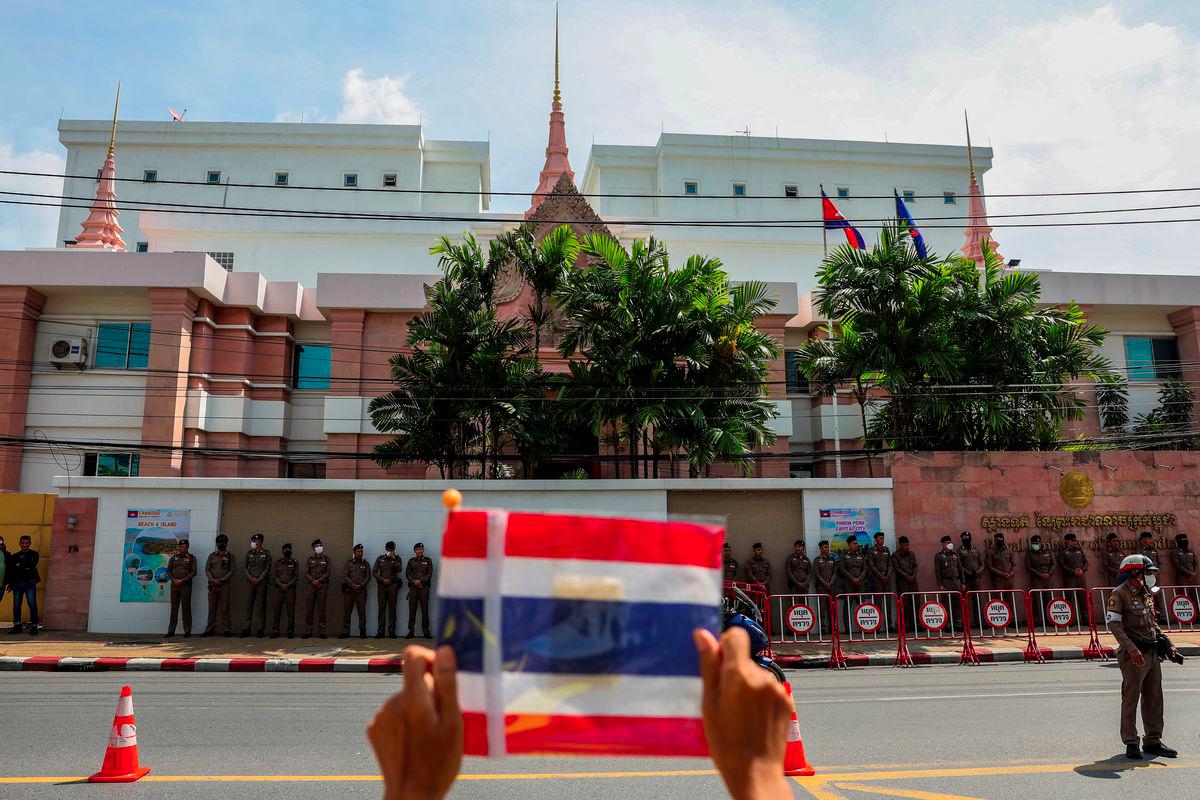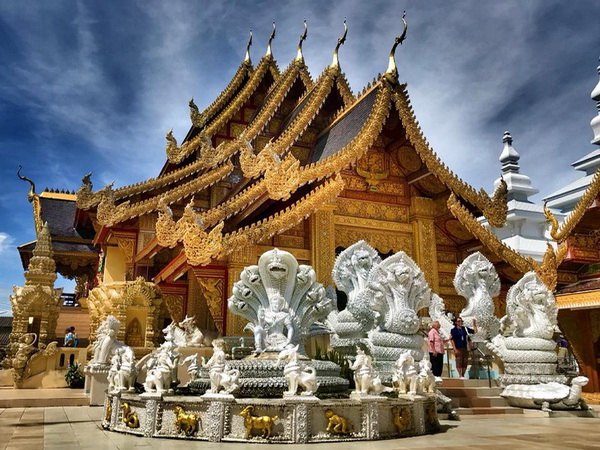Alarms Raised by Thai Hotels Association
Draft Law Threatens Resident Rights
The Thai Hotels Association (THA) has voiced serious concerns over a proposed Hotel and Overnight Accommodation Act, warning that it could jeopardize resident rights and tourist safety in 2025. Submitted by MP Nataphol Tovichakchaikul for feedback, the draft aims to replace the 2004 Hotel Act, but THA president Thienprasit Chaiyapatranun highlighted potential risks to Thailand’s already tarnished safety reputation, urging property owners to weigh in.
Redefining Overnight Accommodation
Expanded Room Limits Cause Worry
A major issue is the draft’s new definition of “overnight accommodation,” allowing properties with up to 29 rooms and 58 guests, a sharp increase from the current eight-room limit for 30 people. Thienprasit noted that this could enable investors to convert condo or housing estate units into hotel rooms with a simple majority vote at annual general meetings, often unbeknownst to original buyers, raising fears of unregulated operations in Thailand’s residential areas.
Safety Risks for Communities
Unregulated Conversions Disrupt Peace
THA opposes defining a “room” as a single unit, arguing that registration should cover entire buildings to ensure safety and minimize community disruption. Former THA president Surapong Techaruvichit of Asia Hotel Plc warned that condo and house buyers could face risks if units are transformed into hotels with juristic person approval, especially since many residents skip AGMs, leaving investors to push through such changes unnoticed in 2025.
Impact on Residents and Tourists
Disturbances from Daily Guests
Tourist-related disturbances have long plagued condo and housing estate residents, particularly in Bangkok and Phuket, where foreign owners use booking platforms to attract guests. Thai Real Estate Association president Pornnarit Chuanchaisit highlighted issues like late-night parties, fireworks, and unsafe behavior, noting that daily guests avoid maintenance fees, burdening responsible owners and eroding community safety standards in Thailand.
Loopholes in Environmental Oversight
Evasion of Impact Assessments
Pornnarit pointed out that the new law could let owners bypass environmental impact assessments required for buildings with over 79 rooms. By increasing the room limit to 29, investors might operate nearly 100-room setups under multiple licenses, a loophole that could undermine safety regulations, a concern THA seeks to address by capping overnight accommodations at eight rooms for better control in 2025.
Call for Stricter Safety Standards
THA Pushes for Enforcement Over Change
Thienprasit clarified that THA supports distinguishing hotels from other accommodations but insists on limiting the latter to eight rooms and 30 guests, aligning with current laws. He argued that enforcement issues, not the Hotel Act itself, need fixing, as some properties struggle to register due to zoning rules, while Supawan Tanomkieatipume from the Thai Chamber of Commerce stressed that lax standards could worsen Thailand’s safety perception among tourists.









